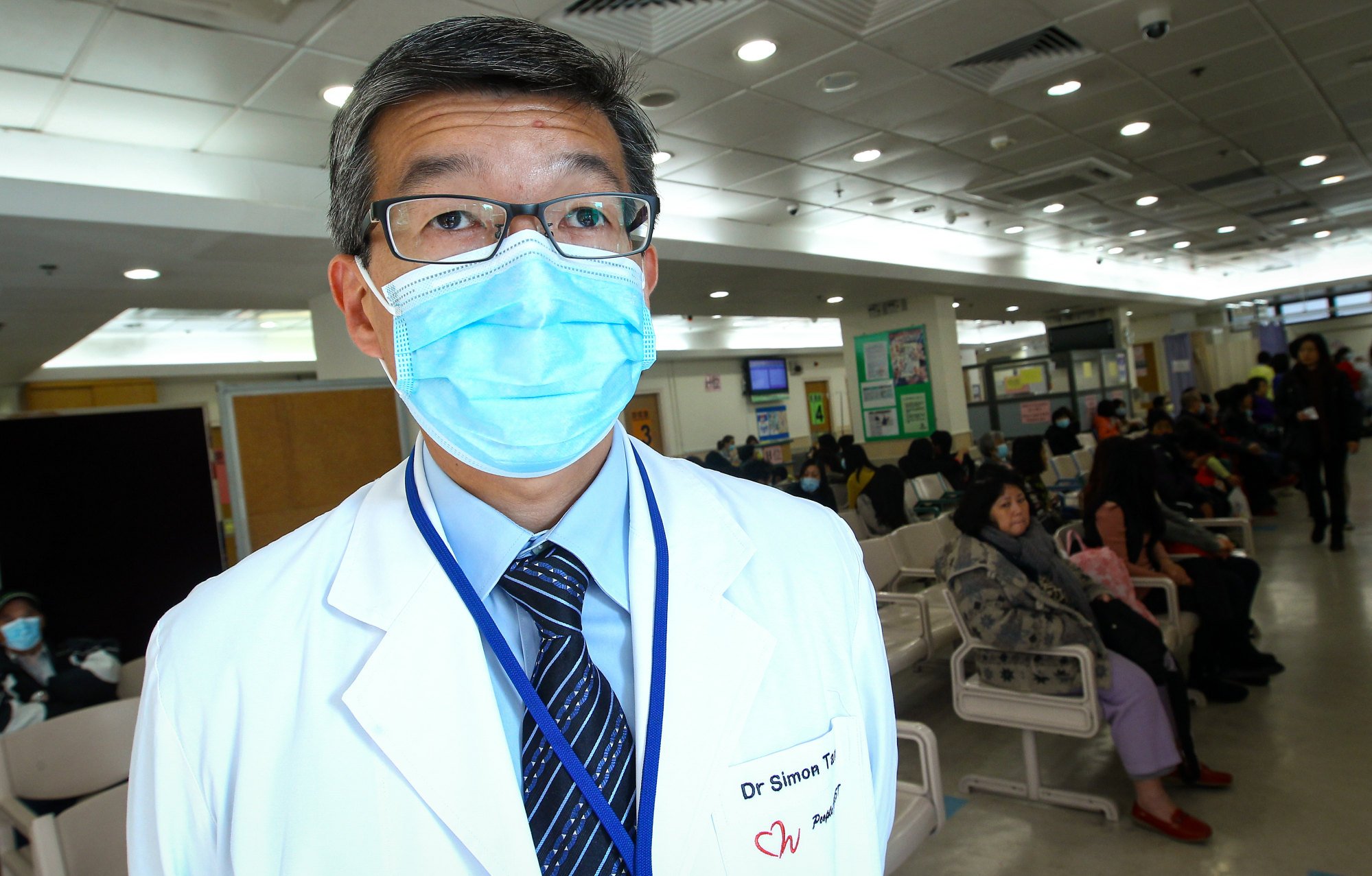
Hong Kong public hospitals to streamline steps for approving drugs, giving patients faster access to new medications
- Hospital Authority will require companies to submit applications directly without going through doctors, which may shorten time to five months, official says
- It usually takes up to 10 months for a new drug to be introduced into Hospital Authority formulary, he says
The Hospital Authority would require companies to submit applications directly to it without going through doctors, which could shorten the time to five months, director of cluster services Dr Simon Tang Yiu-hang said.
Tang said he expected the streamlining to be completed in half a year.
He said pharmaceutical companies were currently required to ask doctors to write up application documents. The application would then be submitted to various committees at public hospitals for review before reaching the authority’s head office.
It usually took up to 10 months for a new drug to be introduced into the formulary, he said.
“We do not think there is a need for that. In fact, pharmaceutical companies employ a number of pharmacists. They are capable of directly submitting an application and a large amount of data to us,” he said on Friday.
“This will cut down many of the steps, especially when doctors are very busy. They can usually offer help to pharmaceutical companies only in their spare time, which involves a lot of preparation. We are often stuck in this step. We should not waste the precious time of our doctors.”
The authority established the drug formulary in 2005 to ensure public hospital patients could access cost-effective drugs that were proven to be safe and effective.
There were 1,521 drugs in the formulary as of the end of last year, including 904 for general use, and 415 available for specific clinical conditions under specialist authorisation.
Another 202 have significant clinical benefits but are very expensive and patients must pay for them out of their own pocket. Of these, 131 are covered by subsidies from the Samaritan Fund and the Community Care Fund Medical Assistance Programme.
Tang said in 2023-24, HK$1.4 billion (US$179 million) in subsidies was granted to about 7,000 cases under the Samaritan Fund and the Community Care Fund Medical Assistance Programme, involving 89 and 42 drugs, respectively.
He said 21 expert committees conducted reviews from time to time to add or remove drugs from the formulary, and about 30 new ones on average were added in each of the past three years, including medications for treating cancer and rare diseases.
The evaluation of new drugs was based on four principles – safety, efficacy, quality and cost-effectiveness – he added.

The Department of Health approves the use of drugs in Hong Kong based on a “secondary evaluation” approach where pharmaceutical firms can apply to register their products locally if they have received certification from two regulatory authorities.
Authorities earlier said two medications, oral target therapies used to treat metastatic colorectal cancer, had been approved under the “1+” mechanism last December. The drugs are intended for patients for whom traditional chemotherapy treatments are “ineffective or inapplicable”.
Chief pharmacist William Chui Chun-ming said the two drugs had been incorporated into the formulary, and the authority was determining whether they should be allocated to general or specific use or the self-financed category.
He said if a patient required a drug that was not registered in Hong Kong, doctors could also apply for its usage under the Named Patient Programme, which is designed to cope with emergencies or clinical needs of a particular person.
Chui said the authority had reached out to pharmaceutical companies whose drugs were approved under the programme. They were interested in applying for registration for at least two drugs under the “1+” mechanism, he said.

